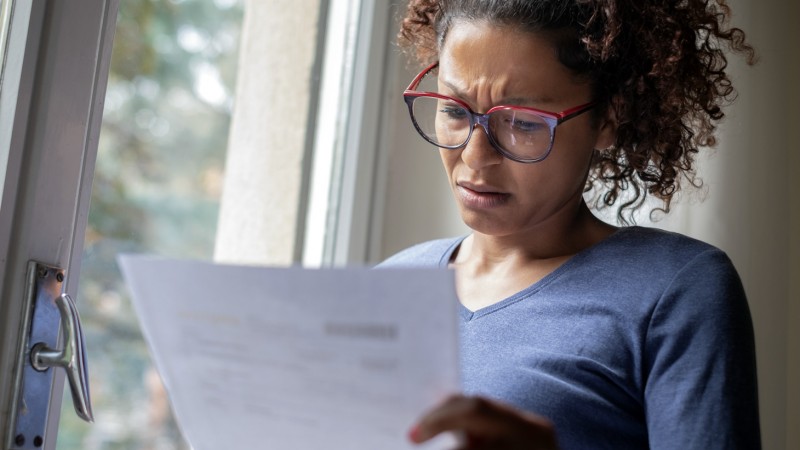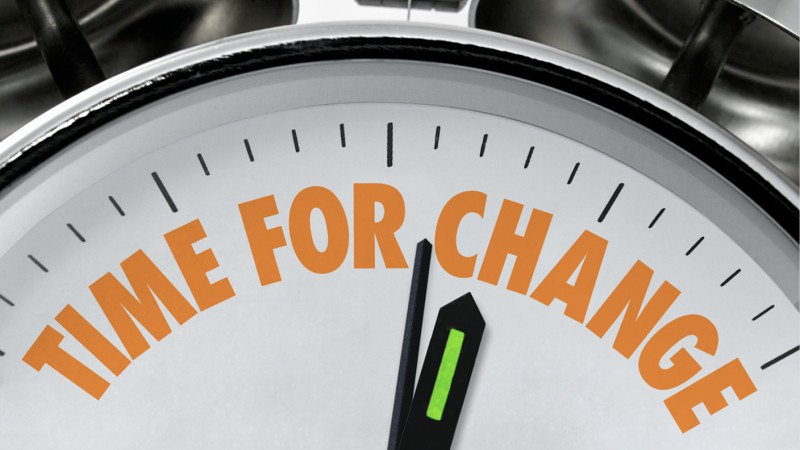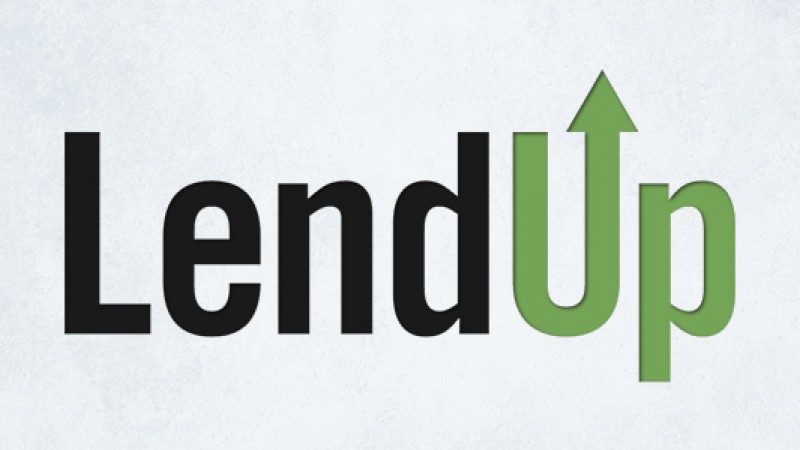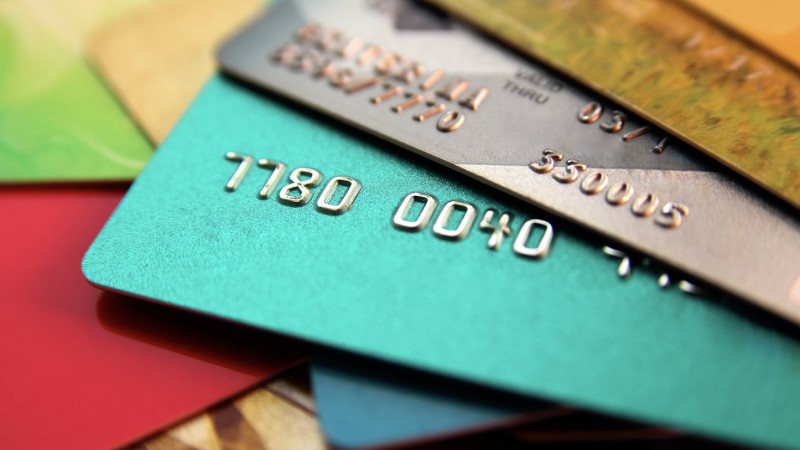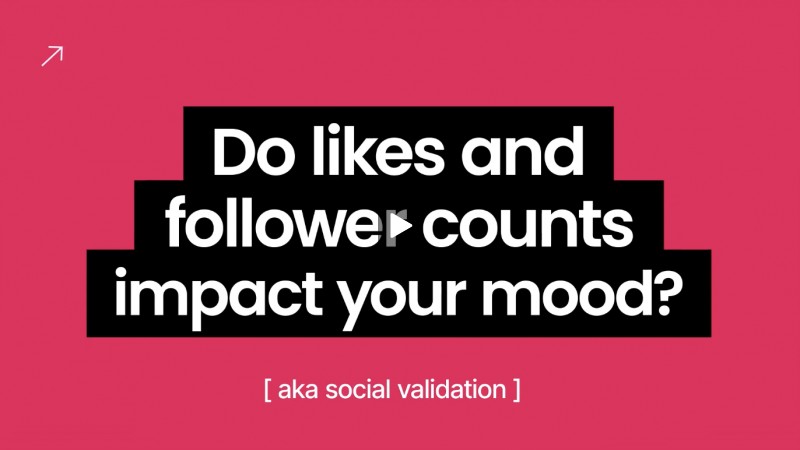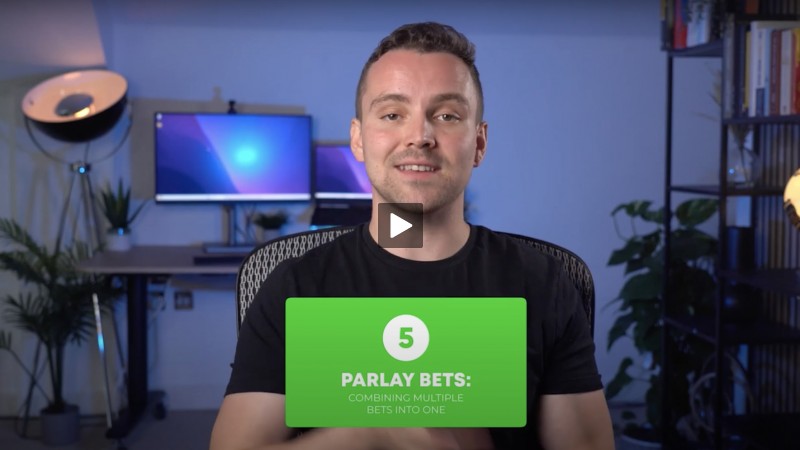Millennials: All About (Your) Credit
- Details
- Written by Will from Holland
- Category: Articles

I'm betting that you know what credit is: an arrangement for you to pay for something at a later date. "Okay, gimme the car today, and I'll pay you later."
Credit impacts almost everything that you do.
You've also heard of credit scores, right? But do you know how important that credit score is to the rest of your life?
A credit score tells businesses and employers how responsible you are with paying loans and certain bills. Credit bureau agencies track your spending habits, and then rate you.
Credit scores are used (by about every business) to determine if you are trustworthy. And your credit score really does follow you everywhere. That's why credit is so powerful. In fact, it's one of the most powerful things you'll ever possess.
Think about this: Do you have $10,000 in cash to pay for a new car? No? Well, do you have $250? Good credit lets you pay the $250 down and borrow the rest.
- Maintain a good credit score, and you pay less interest on the loan for that set of wheels.
- If you have a bad credit score, you can be forced to pay excessive interest rates.
The Impact of Credit
Credit impacts almost everything that you do:
-
Want to own your own crib some day? A bad credit score will keep you from getting a mortgage with a good interest rate—or any mortgage at all.
-
Landlords may check your credit before they rent to you, also.
-
Want a better job? Plenty of employers won't hire you if your credit is bad.
-
Buying insurance? Bad credit can increase what you pay (your premium).
-
Changing telephone companies? Some companies don't want you if your credit score is bad.
-
Believe it or not, even your social media habits can impact your credit.
And get this: whether you like it or not, you are the main factor that determines what your credit score will be.
These five actions usually determine your credit score:
-
Do you pay on time? If you pay your bills on time, your credit score goes up. If you don't… Well. Duh!
-
How much do you owe? Do you have a loan? Do you have a balance on a credit card? How much "credit" you have outstanding determines part of your credit score.
-
How long have you had each piece of credit? Have you had a loan for 2 weeks, or have you been making loan payments for 5 years. The difference matters. A longer history of credit contributes to a higher score.
-
What type of credit do you have? A credit card with a $1000 limit is valued differently than a $25 credit card at the local candy store.
-
How much new credit do you have? Did you just apply for 5 credit cards to buy those cool gifts? Your credit score likely went down as a result.
Know Your Score
How do you know what your credit score is, right now?
If you're in high school, and under the age of 18, there probably won't be much in your credit report—unless you have any type of charge account, checking account, or if someone else has used your social security number to take out a loan.
But if you're off to college and have signed up for a student loan, or have gotten yourself a (co-signed) credit card, or bought a car on installments, you will have credit history.
How to Build or Repair Credit
How do you start building credit? Or repair it when your credit is already hurt?
Everyone's credit situation is different and the suggestions shown here are a guide for improved financial awareness and not a guarantee of better credit. Slow down, weigh your options, and do your research.
A few ways to start building credit:
-
Get a credit builder loan. It's a small personal loan that many credit unions have to help you start building credit. If you pay this loan off correctly, you're off to start building great credit.
-
Get a secured credit card. But do pick the right one, without high fees and costs associated with it. A secured credit card is a credit card on which you "borrow" money, but you have backup for that loan with a cash deposit. When using your card, if you borrow money and pay it off at the end of every month/cycle, you start building credit.
Big warning: A credit card can be a very dangerous way to build your credit, if you're not really careful. Credit card companies often charge you more than you can afford to pay off every month. Don't fall for that trick. Most consumer advocates say this: If you get a credit card, never charge more than you can pay off each month, unless the charge is for a real emergency.
-
Get a person with (good) credit to co-sign on your account. If you're lucky enough to enjoy this perk, get your parents to co-sign on your car loan. Or on a personal loan at the credit union. With their help you can get the loan in your name, and if you paying off your loan correctly, you can start building great credit.
-
Pay your own bills. Make sure, even if you're in college, your bills are in your own name, (your rent, your phone, utilities, etc.) and pay them on time. Paying your rent, and getting credit for it, can pay off. Credit bureaus can help you with this, or you can find a service you can pay to do this, like Clear Now, RentTrack, PayYourRent or PayLease. (Note: Do be sure to read any contract and do not get stuck paying (high) fees.)
-
Get a job, and keep it. Credit reports also contain your employment history. If you have a good-paying job and you keep it, it will be reported and it will show that you can repay money you wish to borrow.
-
Some financial columnists or educators suggest getting a retail credit card. Even though this may start building you some credit, there are a lot of caveats.
-
Most important: do not mess up! If you don't "pay as agreed" on anything, you will probably hurt your credit.
Keep Educating Yourself
Okay, so are you ready to get yourself "some credit" now?
Depends... First of all, make sure your personal finance knowledge is "up to par"! When in doubt, be sure to work through a few FoolProof Solo Modules:
- Go to FoolProof Solo
- Watch the intro video & sign up for an account
- Start working through the modules.
Even if you build good credit, it can be easy to ruin the reputation.
Okay, you've always wanted to be independent, right? Well, taking care of your credit is where independence starts!
Hope this helps! Good luck.
Cheers, Will














